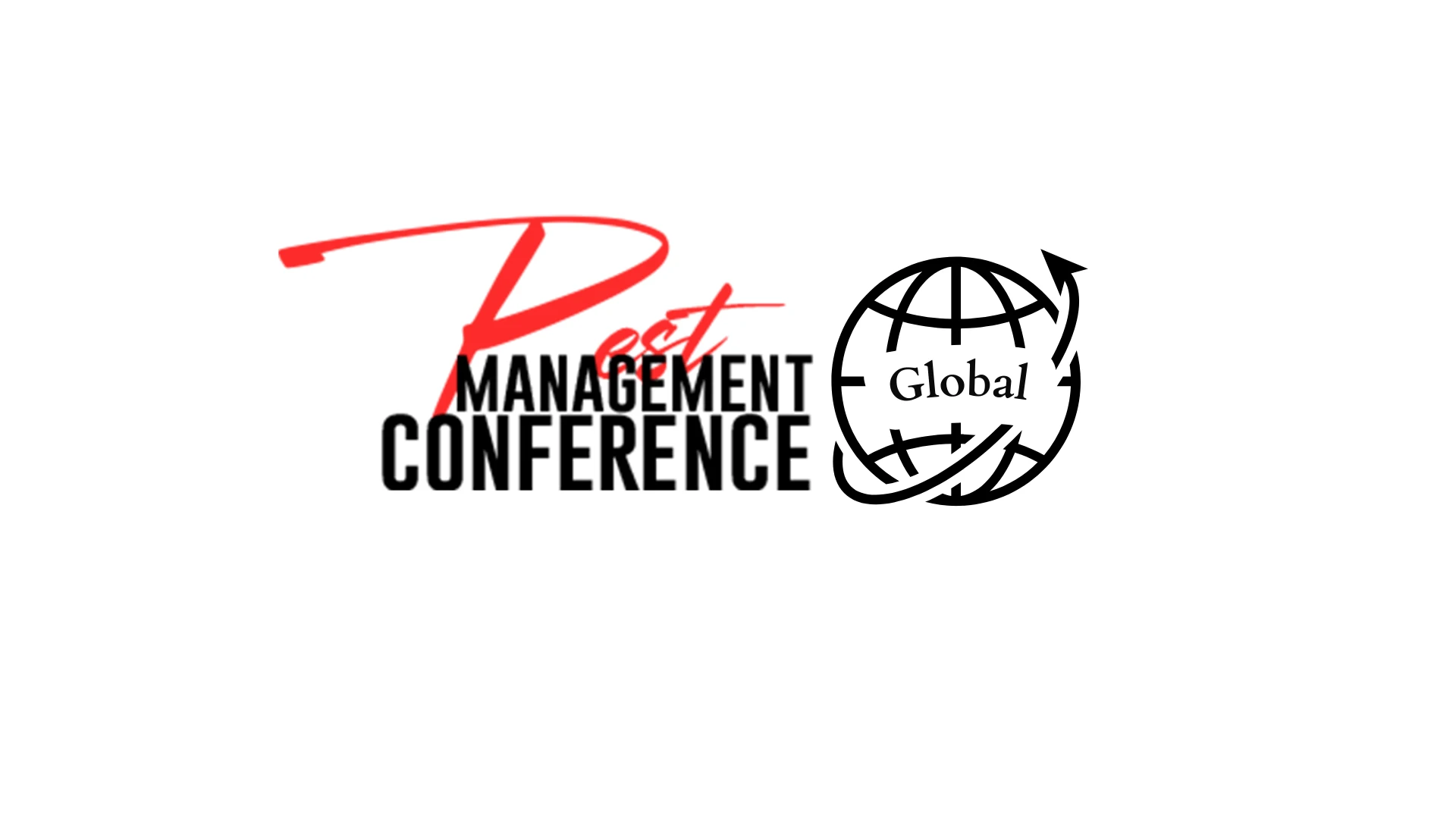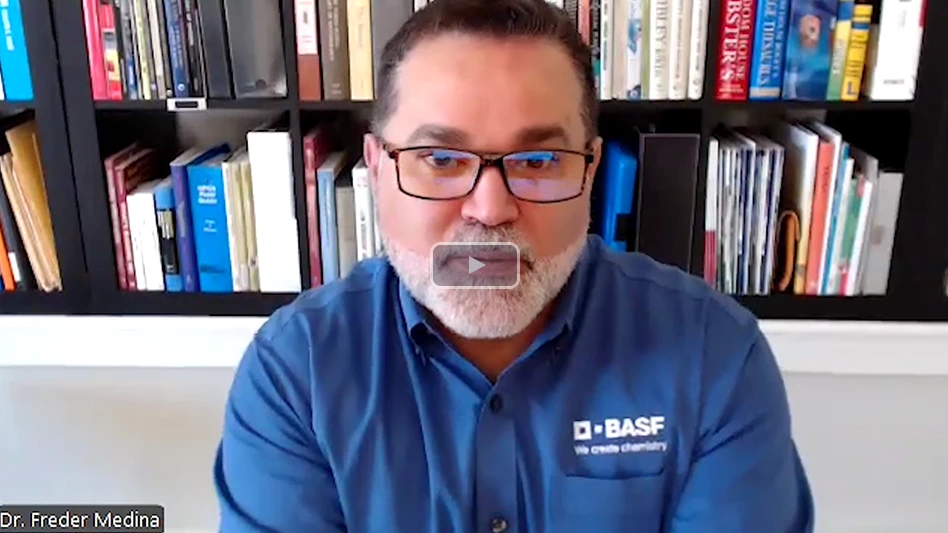With a glut of recent headlines about impeachment and the upcoming Presidential election coming out of Washington, D.C., it’s easy to lose sight of issues the federal government works on daily, many of which impact the structural pest control industry. As members of the pest control industry make plans to attend this year’s National Pest Management Association Legislative Day — scheduled for March 8-10 in Washington, D.C. — let’s take a look at the two primary issues they will be discussing with their congressional representatives.
PESTICIDE PREEMPTION. An issue NPMA’s Public Policy team has been working on with several other groups — including the National Association of State Departments of Agriculture (NASDA) — for a number of years is urging Congress to codify the exclusive role of state lead agencies as pesticide co-regulators with EPA.
Currently, 44 states have preemption, meaning the state lead agency preempts the local government when it comes to determining how pest control products and services are employed. In states without preemption (Alaska, Hawaii, Kentucky, Maine, Maryland and Nevada) localities in these states can and do have different regulations. This impacts the ability of the pest control industry to do business, and creates a patchwork of regulations in places pest management professionals may work in a given day or week.
Ashley Amidon, vice president of public policy, NPMA, added that the association has begun to see efforts in some of the 44 states with pesticide preemption to roll this back, so that localities will be able to overrule EPA and the state lead agency in favor of regulating pesticides in towns, cities or counties despite the lack of scientific and technical resources available at the local level.
“From our perspective, the relationship between the state lead agency and the EPA is a strong one. It’s one of those relationships that works and that’s something we’d like to see applied to the whole country,” Amidon said.
The most recent effort to federalize pesticide preemption failed when it was left out of the Farm Bill that was signed into law in December 2018. At this year’s Legislative Day, attendees will be calling on their congressional representatives to either sponsor a standalone pesticide preemption bill, or to support preemption when the next Farm Bill comes up for a vote. The other goal, Amidon said, is education. “I think there is a lack of knowledge in Congress about the connection between our industry and the protection of public health. So I think being able to have those discussions and help them understand more about our industry would be really helpful.”
THE lLLICIT CASH ACT. NPMA Legislative Day attendees also will be asking their congressional representatives to oppose S. 2563, “The Improving Laundering Laws and Increasing Comprehensive Information Tracking of Criminal Activity in Shell Holdings Act (ILLICIT CASH Act).” This bill would require small businesses with 20 or fewer employees to provide personally identifying information to the Department of Treasury’s Financial Crimes Enforcement Network (FinCEN).
Businesses would be required to submit the full legal name, date of birth, current home or business address, and unexpired driver’s license or passport number for every “beneficial owner” associated with the business, and to provide updates to FinCEN every time any of this information changes.
Beneficial owner is defined as anyone with a 25 percent or more ownership stake in the business, anyone who controls the business, and anyone who receives 25 percent or more of assets from the business. Failure to comply would be a federal crime with civil penalties of up to $10,000, criminal penalties of up to four years in prison, or both. “For really small businesses that may or may not know about this law, if it passes that is a little terrifying,” Amidon said. “So, if this was to pass NPMA would be working to let people in the industry know they would have to comply with it.”
Amidon said NPMA’s other concern is that the “beneficial owner” information would be available without a warrant to members of local, state, tribal and federal law enforcement, members of national security or intelligence agencies, financial institutions and to foreign law enforcement agencies via a request to an American agency. These groups “would simply be able to request from one of the domestic agencies that have access to it, and they would also have access to that information,” Amidon said.
GET INVOLVED. Amidon said it’s been a very difficult time on Capitol Hill recently, especially in the Senate, because “so much of the oxygen on the Hill is being sucked up with impeachment.” However, by the time Legislative Day rolls around Amidon is optimistic a sense of normalcy will return to Congress. “In meeting with congressional members, the goal is to talk about these two [Legislative Day] issues in the context of ‘this is regulatory certainty, and this is a small business issue’ and not try to cast it to them as partisan issues.”
Learn more about NPMA Legislative Day at http://legislativeday.npmapestworld.org.
The author is Internet/managing editor of PCT.

Explore the February 2020 Issue
Check out more from this issue and find your next story to read.
Latest from Pest Control Technology
- Moneypenny is a Provider of Virtual Receptionists
- Video: Top 10 PCT Photo Contest Finalists
- Massey Services Expands with Southeast Commercial Region
- Pest Management Foundation Announces Kevin J. Burns Scholarship
- How to Identify Clover Mites
- Termite Threat Halted in Southern Florida
- PCT Media Group Adds Managing Editor Katie Hobbins
- Evens Clerjuste on Team Communication as Company Growth Point





